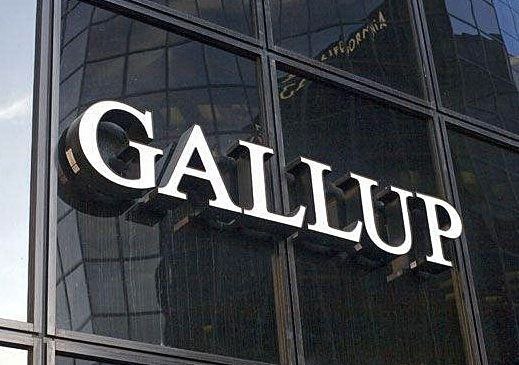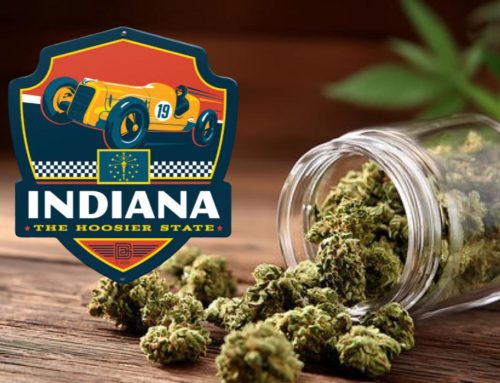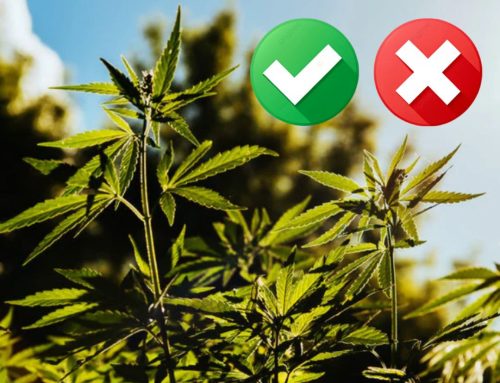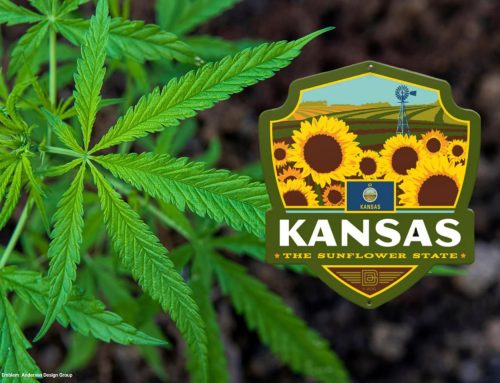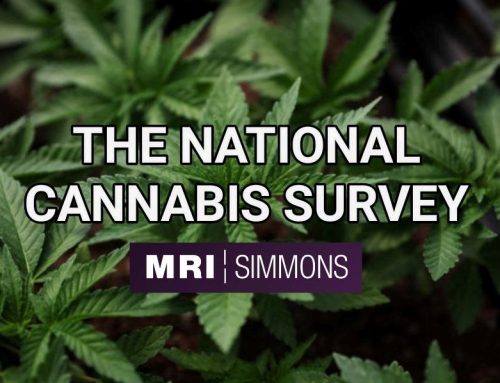Gallup Reveals First Dip in Years for Cannabis Legalization Public Support
LOS ANGELES – A fresh Gallup survey reveals that 64% of American adults now back making Cannabis use legal, a figure that marks the first decline in overall support since 2019 and pulls back from the 70% peak hit in 2023. The shift stems mostly from a steep falloff in Republican backing, which tumbled to 40% this year from 55% two years ago, the lowest level Gallup has tracked among the party in over a decade.
The poll, conducted during the first two weeks of October among a random sample of 1,000 adults across all 50 states and the District of Columbia, underscores a persistent but uneven public consensus on Cannabis policy. Democrats continue to lead with 85% approval, while independents hold steady at 66%. These partisan lines have widened noticeably since the early 2010s, when Republican support first crossed into majority territory amid a broader cultural thaw.
Analysts point to the reemergence of conservative skepticism, fueled in part by rhetoric from incoming administration figures emphasizing stricter enforcement on substances broadly. For instance, the share of Americans rating the national drug problem as “extremely serious” has fallen to 36% this year from 45% in 2023 [the highest on record] with Republicans at 51%, down from 62%, compared to 34% of independents and 22% of Democrats. This easing perception ties into heightened optimism about anti-drug efforts, particularly among Republicans, where 74% now report national progress – a 62-point jump from 12% in 2023. The contrast underscores a core tension: greater confidence in crackdowns appears to temper support for Cannabis legalization in particular, even as the broader crisis registers as less urgent overall.
Digging deeper, the data reveals steadier patterns. Support crosses generational thresholds with 78% of those under 35 in favor, compared to 65% among 35- to 54-year-olds, and holds firm across income and education brackets. Women and men show near parity at 63% and 65%, respectively, a convergence that has built steadily since Gallup began tracking public opinion on Cannabis in 1969, when approval languished at just 12%. Yet the Republican retreat stands out. From a high-water mark of slim majorities in 2017-2019, the party’s stance has reverted to levels not seen since the Obama era, potentially signaling a tactical pivot in national debates.
This partisan pullback carries weight for the Cannabis sector, now a $30 billion-plus annual market anchored by 24 states with recreational sales. Federal rescheduling efforts under the DEA, which advanced Cannabis to Schedule III status earlier this year, could face renewed scrutiny in a divided Congress, where GOP lawmakers have voiced reservations about easing restrictions without broader safeguards. On the flip side, the enduring Democratic and independent majorities [which together represent over 60% of voters] bolster prospects for incremental wins, such as banking reforms or research funding, even if comprehensive reform stalls.
For industry players, the poll serves as a reminder to calibrate expectations. State-level expansion remains the surest path forward, with projections for another five to seven markets to greenlight recreational use by 2027, irrespective of Washington gridlock. Bipartisan appeal in areas like veterans’ access and economic development could help bridge the gap, but operators would do well to monitor how enforcement priorities shift in the coming months.
In the end, these figures affirm Cannabis’s place as a settled issue for most Americans, even as political currents test its momentum. Public opinion has bent but rarely broken on this front, and that’s a foundation worth building on.












